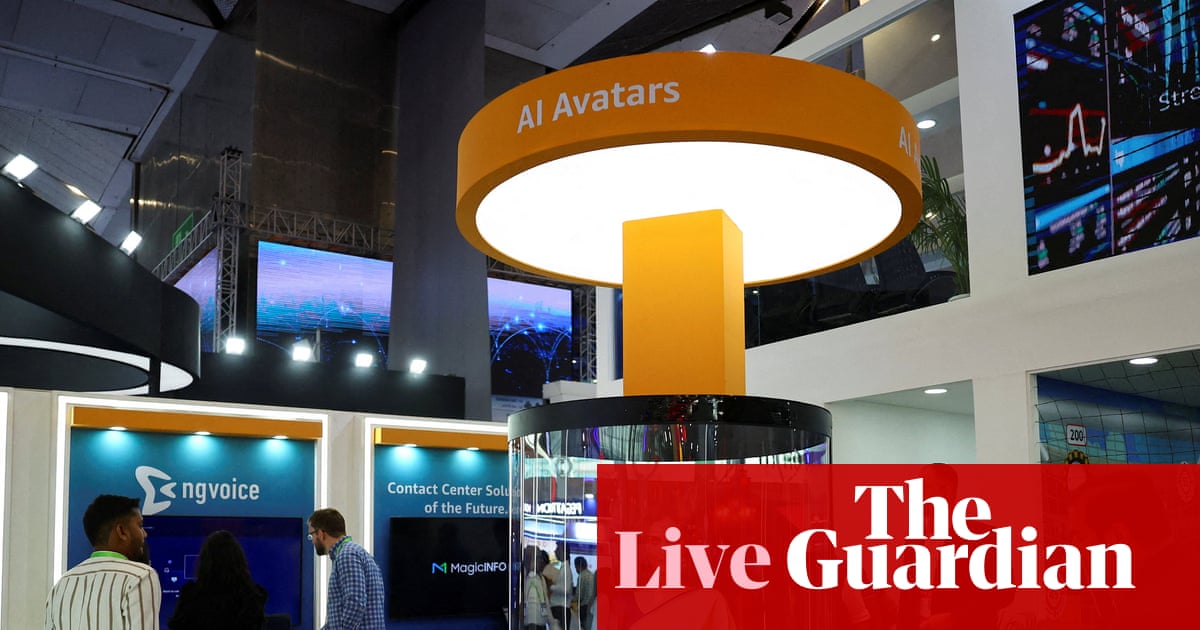
The Aerotek Q3 2025 Job Seeker Survey provides a comprehensive look at the labor market, focusing on job seekers' priorities and concerns across various sectors, including travel and tourism. With over 2,400 job applicants sampled from multiple industries, the findings reveal how job security, entry-level position expectations, and geographical mobility are shaping employment trends in tourism—a sector that remains highly responsive to economic conditions and international travel patterns. As we move further into 2025, travel and tourism employers must align their recruitment strategies with these new priorities to attract and retain top talent in an increasingly competitive labor market.
Job Stability: A Top Priority for Job Seekers in the Travel and Tourism Industry
One of the key takeaways from the survey is the continued emphasis on job security. For the travel and tourism sector, which is historically vulnerable to economic fluctuations and seasonal demand, the need for job stability is becoming even more pronounced. Over 35% of job seekers reported being more concerned about job layoffs compared to the previous year, and this sentiment is significantly influencing their job search strategies.
For tourism employers, this means demonstrating long-term stability and creating an environment where employees feel secure in their positions. Employers who can highlight their commitment to employee investment and provide transparency regarding their company's financial health are better positioned to earn the trust of prospective hires. In the tourism industry, where employment can often be seasonal or project-based, emphasizing long-term career growth and professional development can significantly enhance recruitment efforts.
Entry-Level Roles in Travel and Tourism: Shifting Expectations for Experience Requirements
In the travel and tourism industry, many positions—particularly in hospitality, event management, and tour guiding—are traditionally considered entry-level. However, the survey indicates growing frustration among job seekers regarding excessive experience requirements for these roles.
60% of respondents stated that entry-level positions often demand more experience than they believe is necessary. In fact, 68% of job seekers feel that entry-level roles should require less than one year of experience. This is particularly relevant in tourism, where many applicants are looking for entry-level opportunities that serve as a stepping stone into the industry, rather than positions requiring experience that might exclude fresh talent.
Employers in tourism who reduce unnecessary experience requirements and offer more on-the-job training or mentorship opportunities can help attract younger, more diverse talent and create a more inclusive hiring environment. This shift could be a major benefit to the tourism workforce, helping companies tap into a larger pool of qualified candidates eager to join the industry.
Regional Mobility: Impact on Travel and Tourism Workforce
Regional mobility is another important factor influencing the tourism sector. According to the survey, 42% of job seekers are willing to relocate for the right job, with many candidates open to positions in other cities or states if they match their skills, goals, and salary requirements. This is especially relevant in the tourism industry, where many jobs—such as those in tourism destinations, event planning, or hotel management—require workers to relocate to specific tourist-heavy regions or areas with limited local talent.
This mobility trend is particularly important for tourism employers operating in remote or emerging tourism markets, such as beach resorts or mountain retreats, where skilled labor availability is often limited. To fill these roles, employers may need to recruit workers from other regions, offering relocation packages, housing assistance, or incentives to encourage interstate or international movement.
Manufacturing Momentum in Tourism: The Growing Role of Infrastructure in Supporting Travel Demand
The manufacturing sector may not traditionally be linked to tourism, but the connection between infrastructure development and tourism demand is becoming increasingly clear. 72% of job seekers in the survey expressed interest in manufacturing jobs, with some reporting eagerness to join the tourism infrastructure sector, such as hotel construction, theme park development, or event venue building.
As tourism destinations continue to grow and expand, the demand for skilled labor in the construction and engineering sectors will increase. Employers in tourism will need to partner with manufacturers and infrastructure developers to create new facilities, entertainment venues, and transportation options that cater to the growing number of tourists seeking new experiences.
Tourism’s Growing Demand for Technologically Advanced Solutions
As tourism technology evolves, travelers expect smarter, more efficient services. For employers in hospitality and tourism, there is increasing pressure to adapt to digital innovations and advanced service platforms. This means integrating smart technologies like mobile check-ins, personalized guest services, and contactless payments into everyday operations. The survey highlights that tech-savvy job seekers are particularly drawn to employers who embrace technology to improve the customer experience and streamline operations.
To attract and retain top talent in the tourism sector, businesses will need to integrate technology into their operations and create career opportunities that leverage innovative tools to enhance both the tourist experience and employee satisfaction.
The Future of Job Seeker Priorities in Tourism: Adapting to Changing Expectations
As job seeker priorities continue to evolve in the wake of economic changes and global trends, employers in the travel and tourism sector must stay ahead of these shifts to remain competitive. The survey’s findings underscore a desire for job security, flexible work arrangements, and opportunities for growth. This is especially true in the tourism industry, where seasonal demands, fluctuating market conditions, and the rise of remote work affect the availability and nature of positions.
For employers in tourism, this means adapting to a workforce that values flexibility and long-term stability in their careers. Offering career development programs, stable working conditions, and personalized growth opportunities can help retain top talent and ensure a more resilient workforce, capable of meeting the dynamic challenges of a global tourism market.
Addressing Labor Market Trends to Enhance Travel and Tourism Employment
The Q3 2025 Job Seeker Survey illuminates the evolving priorities of travel and tourism job seekers. With an emphasis on job security, entry-level positions, and local mobility, these trends underscore the changing needs of the labor market that employers need to address. Tourism companies that adopt inclusive hiring strategies, provide flexible work options, and invest in tech-enabled solutions will be best equipped to attract, engage, and retain the best talent. With tourism increasing globally, mastering these trends will be crucial in developing a future-ready workforce that can thrive in an industry constantly in flux.





Comments
Join Our Community
Sign up to share your thoughts, engage with others, and become part of our growing community.
No comments yet
Be the first to share your thoughts and start the conversation!